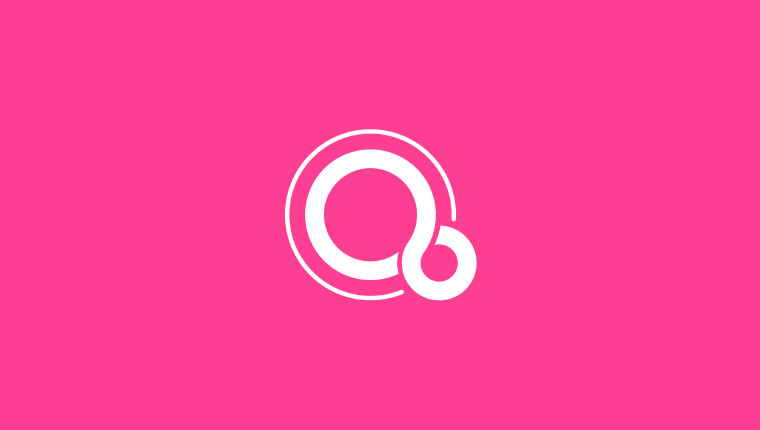
Through its Open Source blog, Google has announced that it’s accepting contributions from the public for its alternative Fuchsia operating system. While the company has been committing code to a public repository for the last four years, it did not allow members of the public to submit code, but now they can.
Announcing the news, Developer Advocate for Fuchsia Wayne Piekarski said:
“Starting today, we are expanding Fuchsia"s open source model to make it easier for the public to engage with the project. We have created new public mailing lists for project discussions, added a governance model to clarify how strategic decisions are made, and opened up the issue tracker for public contributors to see what’s being worked on. As an open source effort, we welcome high-quality, well-tested contributions from all. There is now a process to become a member to submit patches, or a committer with full write access.”
In addition to opening up the repository to public contributions, the firm has published a technical roadmap to provide people with a bit more information regarding the project’s direction and priorities. Some of the items on the roadmap include a driver framework so that the kernel can be updated independently of drivers, improving file systems for performance, and expanding the input pipeline for accessibility.
While this is definitely a big step for the long-term project, Google makes it clear that Fuchsia is still not ready for general product development nor should developers build their software to run on Fuchsia because it’s still evolving.
Developers that want to try out Fuchsia can clone, compile, and contribute to it. Google said that Fuchsia has support for a limited amount of x64-based hardware and it can also be run on an emulator. If you’d like to experiment with Fuchsia yourself, head over to the getting started page.